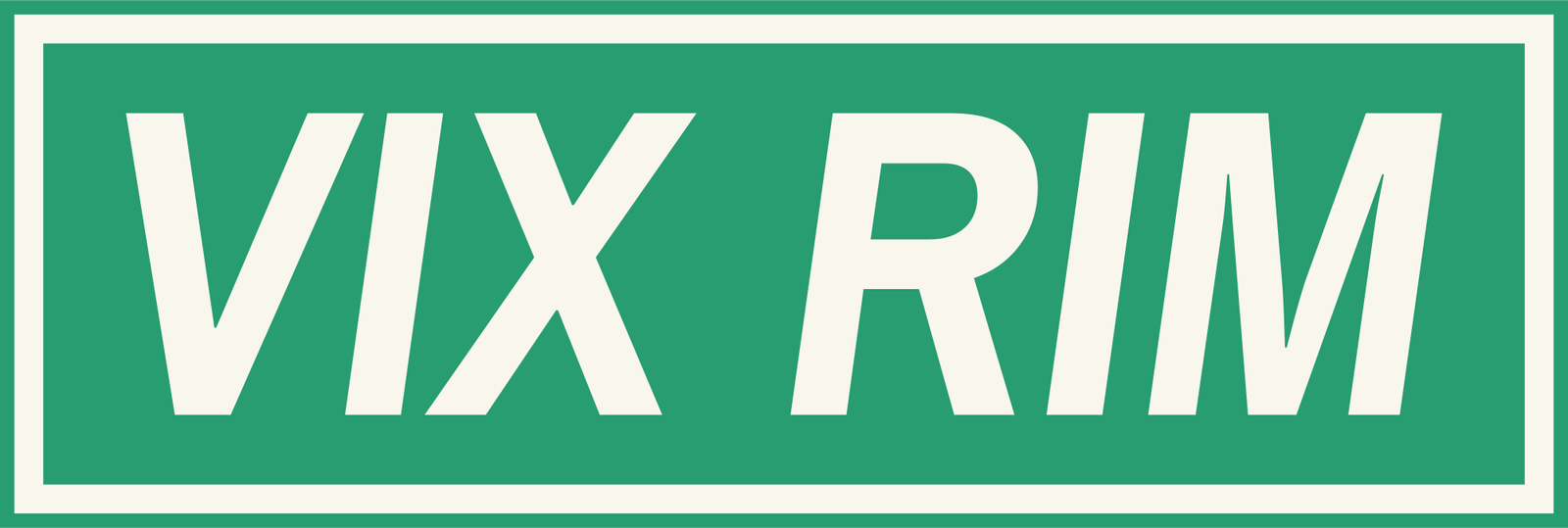Introduction to the Job Market in Canada
Canada’s job market stands out on the global stage for its diversity and stability. With a robust economy and a welcoming environment for skilled workers, Canada attracts job seekers from around the world. The job market encompasses various sectors, including skilled trades, technology, healthcare, finance, and hospitality, offering a wide array of opportunities for professionals at all levels.
Types of Jobs in Canada
Skilled Trades
Skilled trades are essential to Canada’s economy, with a growing demand for professionals in fields such as plumbing, carpentry, welding, and electrical work. As the baby boomer generation retires, there is an increasing need for skilled tradespeople to fill vacancies across the country. Trade certifications and apprenticeship programs play a crucial role in training the next generation of trades workers, ensuring a steady supply of skilled labor.
Technology Sector
Canada’s technology sector is thriving, particularly in cities like Toronto, Vancouver, and Montreal. With a booming startup scene and multinational tech giants establishing a presence, job opportunities in software development, data analysis, cybersecurity, and artificial intelligence abound. The sector’s growth is fueled by innovation, government support, and a highly educated workforce, making it an attractive destination for tech professionals globally.
Healthcare Industry
The healthcare industry in Canada is vast and diverse, providing employment opportunities for a wide range of professionals, including nurses, doctors, pharmacists, and medical technicians. Canada’s publicly funded healthcare system ensures access to quality care for all residents and creates a stable employment landscape within the industry. Additionally, the aging population and advancements in medical technology contribute to sustained growth and demand for healthcare professionals.
Financial Services
Canada’s financial services sector is a pillar of the economy, with major financial centers in cities like Toronto, Vancouver, and Calgary. Job opportunities in banking, accounting, financial analysis, and insurance are plentiful, offering competitive salaries and opportunities for career advancement. The sector’s resilience during economic downturns and its role in facilitating business growth make it an attractive field for finance professionals seeking stability and growth potential.
Hospitality and Tourism
Canada’s natural beauty and diverse culture make it a popular destination for tourists, driving demand for jobs in the hospitality and tourism industry. From hotels and restaurants to tour operators and travel agencies, there are numerous opportunities for employment in customer service, hospitality management, event planning, and tourism marketing. Seasonal fluctuations in tourism create both temporary and permanent job opportunities, making it an ideal sector for individuals seeking flexibility in their employment.
Job Opportunities by Province
Ontario
Ontario, Canada’s most populous province, boasts a dynamic job market with opportunities across various sectors. The Greater Toronto Area (GTA) serves as the economic engine of the province, with thriving industries in technology, finance, healthcare, and manufacturing. Cities like Ottawa, Waterloo, and London also offer job opportunities in government, education, and research sectors, making Ontario a prime destination for job seekers.
British Columbia
British Columbia’s diverse economy and stunning natural landscapes attract job seekers from across Canada and around the world. The province’s technology sector, centered in cities like Vancouver and Victoria, is a major driver of job growth, with opportunities in software development, digital media, and clean technology. Additionally, industries such as forestry, mining, tourism, and film production contribute to British Columbia’s vibrant job market.
Alberta
Alberta’s economy is closely tied to the energy sector, particularly oil and gas, creating job opportunities in engineering, construction, and resource extraction. The cities of Calgary and Edmonton serve as hubs for the energy industry, with additional job opportunities in finance, healthcare, and technology. Despite economic fluctuations due to the volatile nature of the energy sector, Alberta offers competitive salaries and a high standard of living for residents.
Quebec
Quebec’s unique blend of French and English cultures creates a distinct job market with opportunities in technology, aerospace, entertainment, and manufacturing. Montreal, the province’s largest city, is a hub for technology startups and gaming studios, offering job opportunities in software development, artificial intelligence, and video game design. Quebec City, with its historic charm and cultural attractions, also provides employment opportunities in government, tourism, and education sectors.
Job Search Platforms
In today’s digital age, job seekers have access to a plethora of online platforms to search for job opportunities in Canada. Websites such as LinkedIn, Indeed, Monster, and Glassdoor are popular choices for job seekers to browse job listings, research companies, and connect with recruiters. These platforms offer advanced search features, personalized job recommendations, and user-friendly interfaces, making the job search process more efficient and effective for candidates.
Tips for Finding Jobs in Canada
Networking
Networking plays a crucial role in finding job opportunities in Canada, as many positions are filled through referrals and connections. Job seekers can attend networking events, join professional associations, and build relationships with industry professionals to expand their professional network. Additionally, leveraging online networking platforms like LinkedIn allows job seekers to connect with recruiters, hiring managers, and potential mentors.
Tailoring your Resume
Customizing your resume to align with the job requirements and showcase relevant skills and experiences is essential in the competitive job market. Job seekers should tailor their resume for each job application, highlighting key achievements, qualifications, and certifications that are relevant to the position. Additionally, optimizing your resume with keywords related to the job description can improve its visibility to applicant tracking systems (ATS) used by employers.
Interview Preparation
Preparation is key to succeeding in job interviews in Canada. Job seekers should research the company, understand its products or services, and familiarize themselves with the industry trends and challenges. Practicing common interview questions and preparing concise and compelling responses can help job seekers articulate their qualifications and demonstrate their fit for the role. Additionally, showcasing enthusiasm, professionalism, and cultural fit during the interview can leave a positive impression on potential employers.
Work Visa and Immigration Process
For international job seekers, understanding the work visa and immigration process is essential to securing employment in Canada. The Express Entry System is a popular pathway for skilled workers to immigrate to Canada, while Provincial Nominee Programs (PNPs) offer additional opportunities for immigration based on provincial labor market needs. Additionally, international students can apply for post-graduate work permits to gain Canadian work experience after completing their studies.
Challenges Faced by Job Seekers
Language Barrier
For non-native English or French speakers, language proficiency can be a significant barrier to employment in Canada. While English is the primary language of business in most provinces, bilingualism is valued in certain industries and regions, particularly in Quebec. Job seekers can improve their language skills through language classes, language exchange programs, and immersive language experiences to enhance their employability.
Credential Recognition
Obtaining recognition for foreign credentials and qualifications can be a complex and time-consuming process for immigrants to Canada. Many professions in Canada require specific certifications, licenses, or accreditation, which may not be directly transferrable from other countries. Job seekers may need to undergo credential assessment, upgrade their qualifications, or pursue bridging programs to meet Canadian standards and requirements for their profession.
Competition
The job market in Canada is competitive, with many qualified candidates vying for limited job openings. Job seekers may face challenges in standing out from the crowd, particularly in high-demand industries and occupations. Building a strong professional network, acquiring in-demand skills and certifications, and gaining relevant work experience can give job seekers a competitive edge in the job market. Additionally, remaining resilient, adaptable, and proactive in the job search process can increase the likelihood of success in finding employment.
Conclusion
In conclusion, Canada offers a wealth of job opportunities across various sectors and provinces, making it an attractive destination for job seekers from around the world. From skilled trades to technology, healthcare, finance, and hospitality, there are opportunities for professionals at all levels to thrive and succeed in Canada’s diverse and dynamic job market. By leveraging job search platforms, networking, and preparing effectively for interviews, job seekers can navigate the challenges of the job search process and find fulfilling employment opportunities in Canada.
Unique FAQs
Are there jobs available for entry-level candidates in Canada?
Yes, there are plenty of entry-level job opportunities available across different sectors in Canada, ranging from customer service roles to administrative positions and entry-level positions in various industries.
Do I need to be fluent in French to work in Quebec?
While French proficiency is an asset, especially in Quebec, many companies in the province also hire English-speaking employees. However, having some knowledge of French can enhance job prospects and open up additional opportunities in certain industries and regions.
How long does it take to obtain a work visa for Canada?
The processing time for a Canadian work visa varies depending on the type of visa and the applicant’s country of origin. Generally, it can take several weeks to several months to obtain a work visa, including the time required for application processing, document verification, and medical examinations.
Are there any government programs to help newcomers find jobs in Canada?
Yes, Canada offers various government programs and services to help newcomers integrate into the labor market and find employment. Programs such as the Canadian Immigrant Integration Program (CIIP) provide pre-arrival services, job search assistance, and support for newcomers to Canada, including access to job fairs, resume workshops, and mentoring programs.
Can I apply for jobs in Canada while residing in another country?
Yes, you can apply for jobs in Canada from anywhere in the world, thanks to online job search platforms and virtual interviews. Many employers in Canada actively recruit international candidates and offer relocation assistance for successful applicants. However, it’s essential to research visa requirements, immigration policies, and job market trends before applying for jobs in Canada from abroad.

